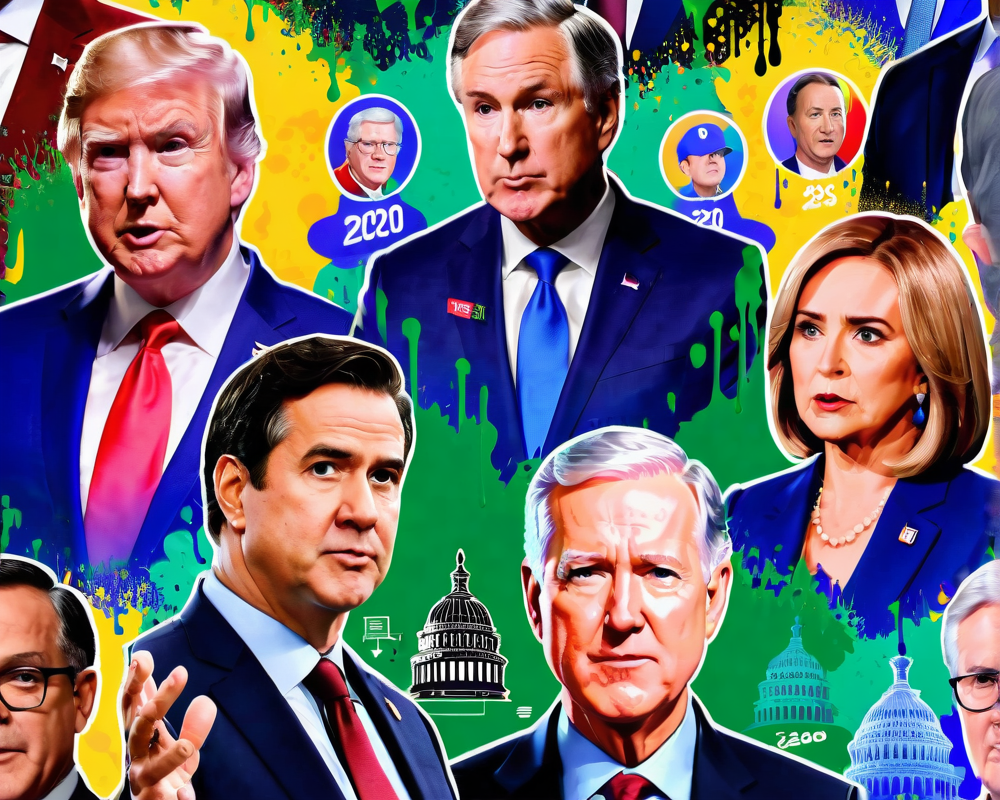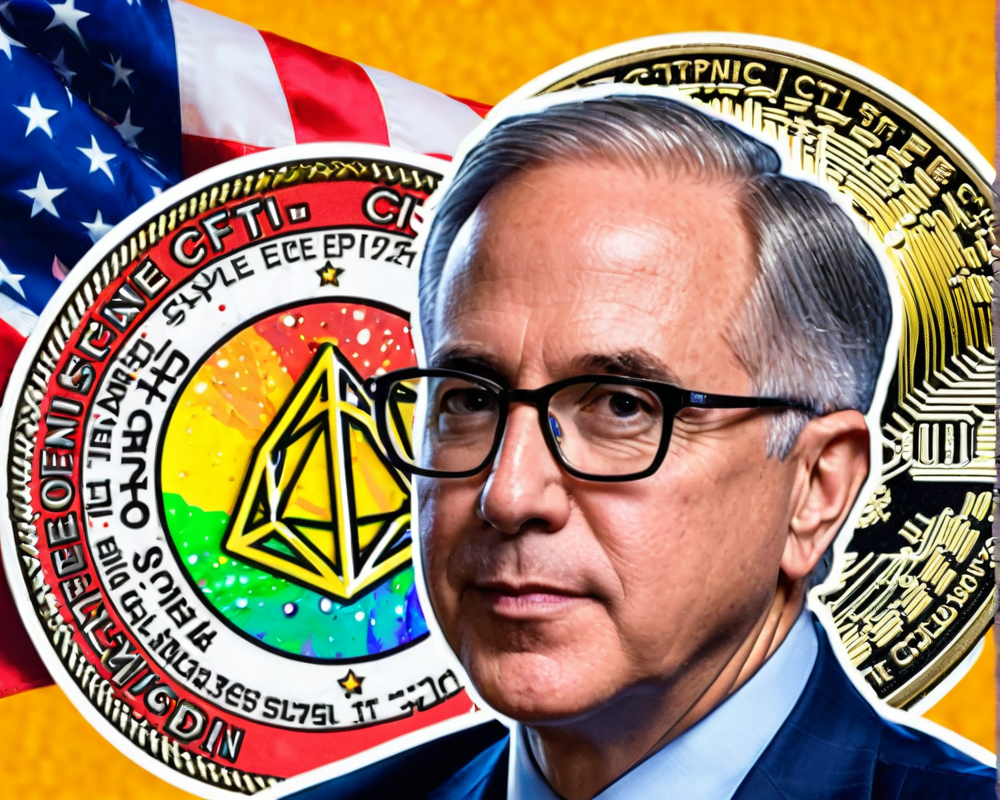The Bipartisan Grilling of Tech Titans
In a recent Senate Commerce Committee hearing, the formidable trio of Facebook, Twitter, and Alphabet’s CEOs (yes, the big wigs themselves – Mark Zuckerberg, Jack Dorsey, and Sundar Pichai) faced the music from both sides of the aisle. While members of the Senate expressed their collective angst, it was more of a sporting match than a legal inquiry. Here, it’s not just about algorithms and legislation; it’s about that good ol’ bipartisan blood sport we’ve all grown to love—revenge on tech.
Section 230: The Main Event or Just a Side Show?
Originally, the hearing was supposed to delve into Section 230 of the Communications Decency Act. This little section, which has acted like a superhero cape for online platforms, keeps them from being treated like publishers responsible for the content shared. Instead of an enlightening discussion about online responsibility, it devolved into a verbal boxing match, where punches were thrown more for political gain than actual solutions.
Election-Eve Circus and Allegations of Manipulation
The timing of the hearing raised eyebrows, with some arguing it was a last-minute play to influence the upcoming election. Senator Richard Blumenthal wasn’t shy to call out the opportunism: “It’s like trying to convince a referee that your opponent’s officiating is biased—momentous moments shouldn’t be left to happenstance!”
Let’s Hear from the Opposition
And then we have the lovely Ted Cruz chiming in from the other end, claiming social media platforms are the “greatest threat to free speech in America.” It’s a bit hard to side with either camp here—it’s like watching two kids at a playground, arguing over who started the push on the swing set. So, who’s the adult here?
Algorithm Accountability: A Call for Transparency
Underneath all the accusations lurks a basic fear: the unknown. Senator John Thune shot straight to the point: “These moderation practices are shrouded in secrecy!” It was almost poetic how they want transparency when their own process of grievance is anything but transparent. As they demand accountability from tech giants, they might consider examining their own legislative responsibilities.
Taking It to the Blockchain
In an unexpected twist, blockchain advocates like Bill Ottman argue for open-source algorithms as the golden ticket for public accountability. “No more hidden motives! Let’s throw everything into the open,” he suggests. If only we could get our government officials to ask the hard questions like: “Is this legislation attempting to build a sandcastle, or is it trying to engineer a fort?”
Conclusion: The Changing Landscape of Tech and Politics
As public trust in social media platforms wanes, it’s clear that both Congress and Big Tech are in a sticky spot. These platforms didn’t just evolve into gatekeepers of information—they became the stage upon which modern political dramas unfold. And as we anticipate what moves they’ll make next, one thing is certain: the dialogue surrounding them is far from over. Next time, let’s hope we skip the theatrics and get down to some productive dialogue. After all, who doesn’t love a good plot twist?




